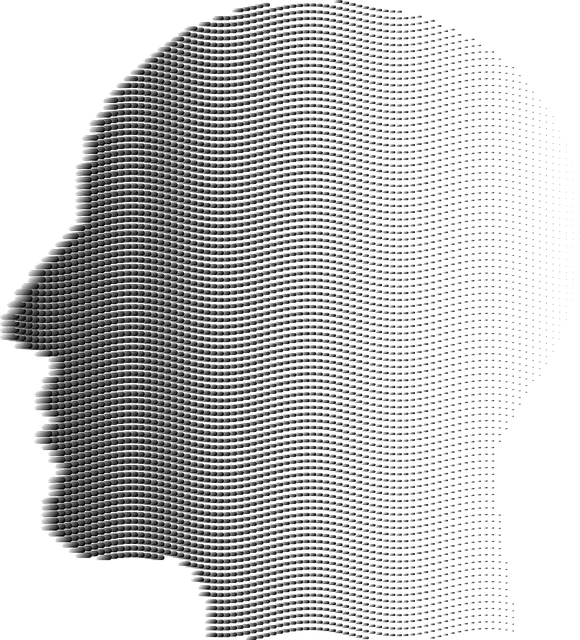Kaiser Permanente behavioral health services in Northglenn play a crucial role in addressing community mental health needs by offering evidence-based programs like Mindfulness Meditation. These initiatives aim to combat stress and anxiety caused by the fast-paced lifestyle, fostering emotional healing through personalized therapy, group support, and cultural competency training. The program's success relies on continuous evaluation, ensuring positive outcomes and reduced stigma around behavioral health services in Northglenn.
In the heart of Northglenn, Kaiser Permanente’s behavioral health services stand as a beacon of hope for the community. This article delves into the strategic design of mental health education programs tailored to address the unique challenges faced by Northglenn residents. By exploring key components and implementation strategies, we highlight effective practices that foster resilience and well-being. Through a comprehensive overview, we examine how these programs not only educate but also evaluate their impact on the community, mirroring Kaiser Permanente’s commitment to behavioral health in Northglenn.
- Understanding Mental Health Issues in Northglenn Community
- Kaiser Permanente Behavioral Health Services Overview
- Key Components of Effective Education Programs
- Implementing and Evaluating the Program's Success
Understanding Mental Health Issues in Northglenn Community

In the vibrant community of Northglenn, understanding mental health issues is a vital step toward fostering emotional well-being. With a diverse population, Kaiser Permanente behavioral health services in Northglenn play a crucial role in addressing the unique mental health needs of the area. The community faces challenges that range from stress and anxiety to more severe conditions, often exacerbated by the fast-paced lifestyle and demands of daily life. Mental Health Awareness programs are essential tools for empowering residents with knowledge about emotional healing processes, enabling them to recognize signs early on and seek appropriate support.
By integrating practices such as Mindfulness Meditation into their educational curriculum, Northglenn’s Mental Health Education Program aims to provide practical skills for managing stress and cultivating mental resilience. This approach not only promotes individual wellness but also contributes to a more supportive and connected community overall. Understanding the prevalence and impact of mental health issues is the first step towards creating a healthier, happier Northglenn.
Kaiser Permanente Behavioral Health Services Overview

Kaiser Permanente Behavioral Health Services, based in Northglenn, offers a comprehensive suite of programs designed to support and improve mental well-being. Their approach is rooted in evidence-based practices, focusing on various aspects of behavioral health, including Self-Esteem Improvement, Coping Skills Development, and fostering Positive Thinking. The organization aims to create an environment where individuals can access personalized care tailored to their unique needs.
Through a multi-faceted strategy, Kaiser Permanente empowers its clients with the tools necessary for long-term mental health management. This includes individual therapy sessions, group support programs, and community outreach initiatives aimed at breaking down barriers and stigma associated with seeking behavioral health services. By integrating these strategies, Kaiser Permanente Behavioral Health Services strives to enhance the overall mental resilience of the Northglenn community.
Key Components of Effective Education Programs

Effective mental health education programs are multifaceted and designed to empower individuals with the knowledge and tools for navigating their emotional well-being. One such successful model is evident in Kaiser Permanente behavioral health services Northglenn, which has pioneered comprehensive initiatives. These programs often include a blend of educational workshops, interactive sessions, and practical exercises centered around various aspects.
The key components typically involve fostering Coping Skills Development through evidence-based techniques tailored to individual needs. Additionally, integrating Healthcare Provider Cultural Competency Training ensures that professionals are equipped to offer sensitive support to diverse populations. Equally vital is incorporating elements of Emotional Intelligence, enabling participants to recognize and manage their emotions effectively. Such programs create a supportive environment, encouraging open discussions and promoting self-care practices, ultimately contributing to improved mental health outcomes in the community.
Implementing and Evaluating the Program's Success

The success of a mental health education program, such as that offered by Kaiser Permanente behavioral health services in Northglenn, is multifaceted and requires comprehensive evaluation strategies. Implementing evidence-based practices and tailoring them to the local community’s needs is essential for positive outcomes. Regular assessments should be conducted to gauge the program’s impact on participants’ mental well-being, knowledge acquisition, and skill development related to coping mechanisms, stress management, and social support networks.
Evaluating the program’s success involves measuring changes in public awareness campaigns regarding mental health, particularly through initiatives like Mindfulness Meditation and Confidence Boosting workshops. By collecting feedback from participants, community leaders, and healthcare professionals, the program can identify strengths, weaknesses, and areas for improvement, ensuring continuous development and enhanced accessibility of mental health resources within the community.
Mental health education programs are pivotal in fostering well-being within communities, especially in Northglenn where issues like anxiety and depression significantly impact residents. By drawing on resources such as Kaiser Permanente Behavioral Health Services, we can design effective programs that educate and empower. Incorporating key components like interactive workshops, peer support groups, and accessible resources ensures a holistic approach to mental health care. Regular evaluation of these programs is essential to measure their success, identify areas for improvement, and ultimately enhance the well-being of the Northglenn community.






